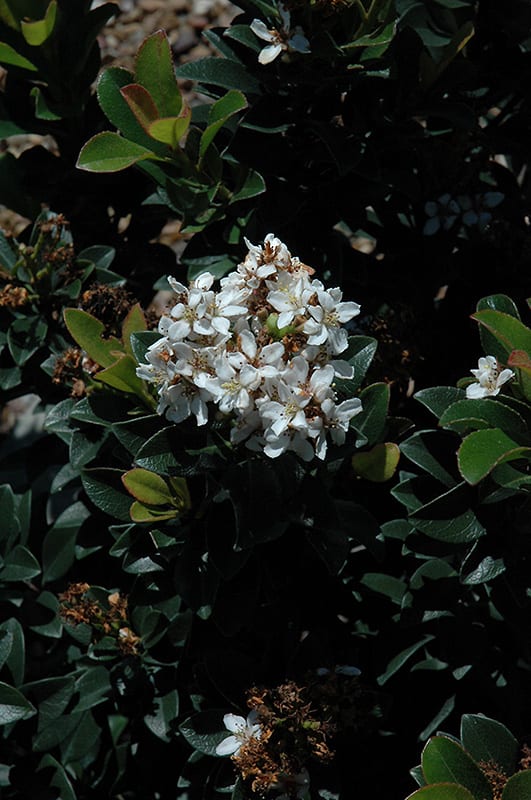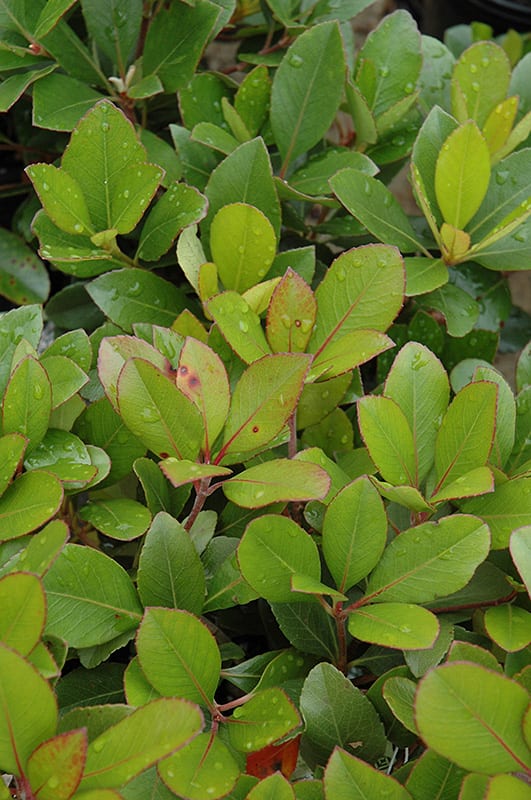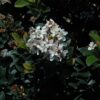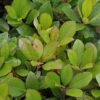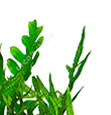Snow White Indian Hawthorn
A disease resistant variety that produces profuse clusters of elegant white flowers; bright reddish-orange new foliage matures to a deep glossy green, with deep maroon winter foliage; excellent groundcover, accent, or foundation shrub.
Please contact your local store for product availability.
Find a garden center near you.
Species: indica
Plant Height: 36 in.
Spread: 36 in.
Evergreen: Yes
Plant Form: mounded
Emergent Foliage Color: indian red
Summer Foliage Color: dark green
Minimum Sunlight: partial shade
Maximum Sunlight: full sun
Snow White Indian Hawthorn features showy clusters of white flowers at the ends of the branches from late winter to early spring. It has attractive dark green foliage which emerges indian red in spring. The glossy oval leaves are highly ornamental and turn burgundy in fall. The fruit is not ornamentally significant.
Snow White Indian Hawthorn is a multi-stemmed evergreen shrub with a mounded form. Its average texture blends into the landscape, but can be balanced by one or two finer or coarser trees or shrubs for an effective composition.This is a relatively low maintenance shrub, and should not require much pruning, except when necessary, such as to remove dieback. It is a good choice for attracting birds to your yard. It has no significant negative characteristics.Snow White Indian Hawthorn is recommended for the following landscape applications;AccentGeneral Garden UseGroundcover
Snow White Indian Hawthorn will grow to be about 3 feet tall at maturity, with a spread of 3 feet. It has a low canopy with a typical clearance of 1 foot from the ground. It grows at a medium rate, and under ideal conditions can be expected to live for approximately 20 years.This shrub does best in full sun to partial shade. It prefers to grow in average to moist conditions, and shouldn't be allowed to dry out. It is not particular as to soil type or pH. It is somewhat tolerant of urban pollution. This is a selected variety of a species not originally from North America.

